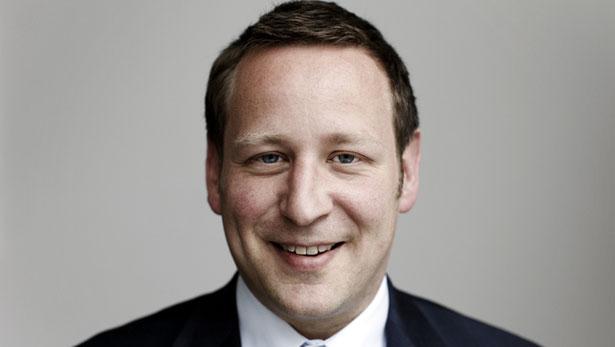The UK government has stated that it will further investigate the prospect of encouraging spectrum sharing among operators.
March 12, 2014

The UK government has stated that it will further investigate the prospect of encouraging spectrum sharing among operators.
Ed Vaizey MP, UK minister for culture, communications and creative industries wrote in a report issued this week that the government wants the UK to become a global leader in driving better value from spectrum and aims to work with regulator Ofcom and with spectrum users to “adopt a holistic approach to managing spectrum”.
He explained that the government will encourage the use of spectrum by those who deliver best value from it, adding that the government wants to double the annual contribution to the economy from spectrum by 2025.
“For the future we will also encourage innovation through various sharing arrangements,” said the report, which was published by the Department for Culture, Media and Sport. “For example, Dynamic Spectrum Access technology, being tested in the spectrum used by TV, can in theory be deployed across all spectrum. The potential to radically increase the value derived from spectrum use is immense.”
The 10th annual LTE World Summit, the premier 4G event for the telecoms industry, is taking place on the 23rd-26th June 2014, at the Amsterdam RAI, Netherlands. Click here to download a brochure for the event.
In November last year, consultancy Real Wireless, which worked with Ofcom on last year’s LTE spectrum auctions, warned that the country will face a serious spectrum shortage by 2020 if 300MHz of cellular spectrum and 350MHz of wifi spectrum are not made available. The statement prompted Ofcom’s former director of R&D to suggest that traditional spectrum allocation models will not meet the identified demand.
“Finding all this extra spectrum by the previous approach of clearing bands and then auctioning them is looking increasingly hard. Instead, regulators are looking to using sharing approaches, for example to allow access to military spectrum or to enable multiple users to share small cell spectrum,” William Webb, former head of R&D at Ofcom and president-elect at the IET told Telecoms.com.
Last month, telecoms trade association the GSMA warned against an over-reliance on spectrum sharing, suggesting that it could act as a disincentive to operator investment. The GSMA said sharing should be employed as no more than a complement to licenced exclusive-access allocation of spectrum for mobile broadband services.
About the Author(s)
You May Also Like








.png?width=300&auto=webp&quality=80&disable=upscale)


_1.jpg?width=300&auto=webp&quality=80&disable=upscale)


.png?width=800&auto=webp&quality=80&disable=upscale)